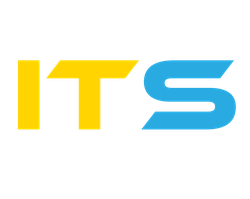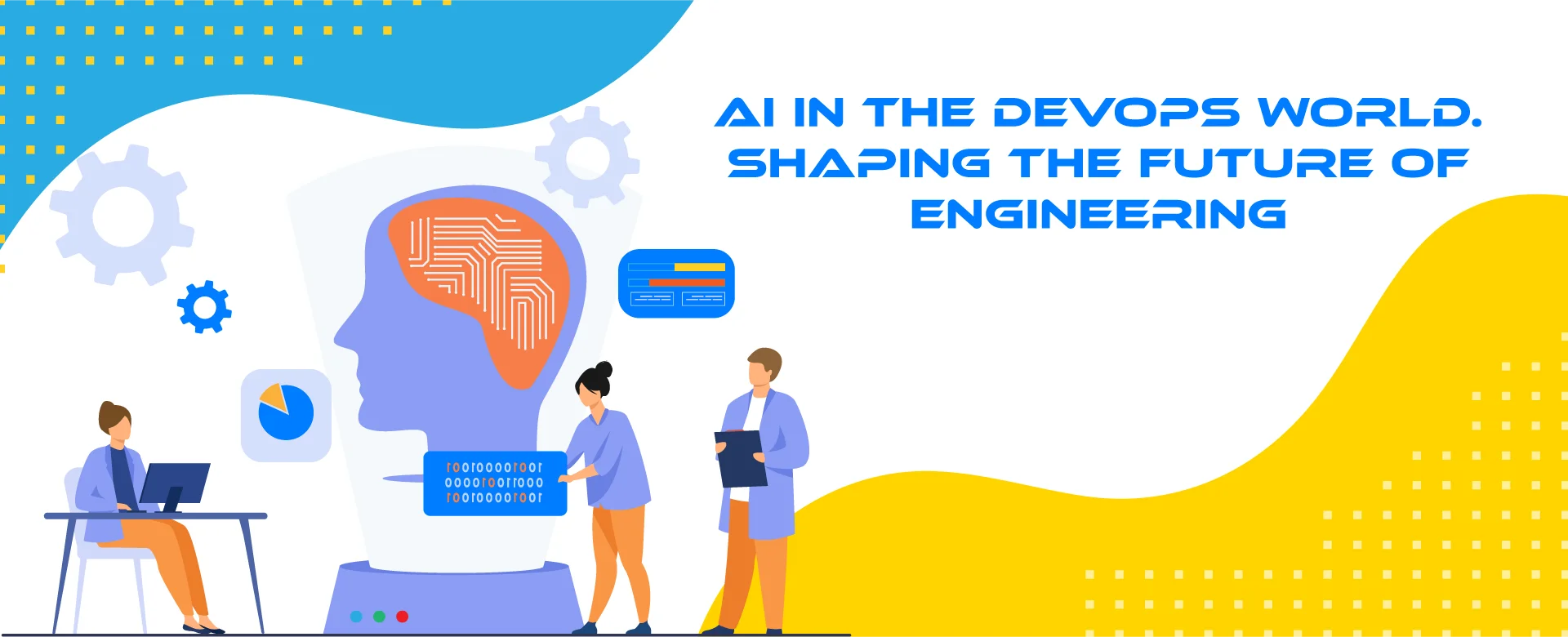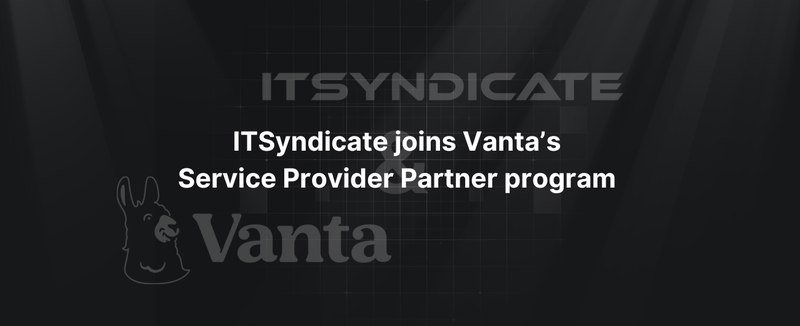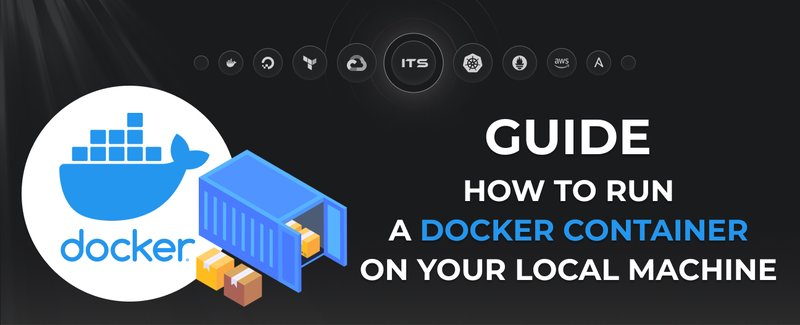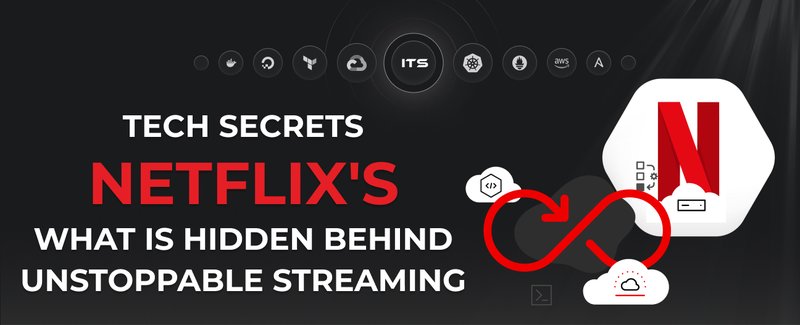AI and DevOps are more than trending tech buzzwords — they are revolutionizing how we develop, deliver, and maintain software. Both are quickly rising from opposite ends of the tech spectrum, and these two forces are merging in a new-age synergy that could transform the landscape of IT and development strategies. It is now not just about enhancing work processes but about sweeping changes in our interaction with technology. Just imagine an AI predicting and optimizing your infrastructure needs on-the-go or a system self-healing — solving bugs even before you know about them. However, this future comes with concerns: Can we trust the systems to perform independently? How can we ensure safety and transparency when the machines start deciding? As we step into the epoch of AI, a completely new set of problems arises, necessitating a novel set of approaches and answers.
This article previews the thrilling world of DevOps and AI, highlighting both its potential and complexity. We delve deep into the evolving field, examining its core impact on the future of technology, business processes, and working environments.
AI for DevOps and DevOps for AI
On the one hand, using AI in DevOps allows for complete automation of processes. AI-equipped systems don't just carry out immediate tasks but also analyze trends, review past operations, and predict and autonomously fix future issues while optimizing resources for enhanced performance. For instance, AI can identify intricate relationships within the infrastructure to uncover hidden issues that might go unnoticed by humans. It can also suggest optimal solutions, adjust configurations, and interact with other systems to resolve issues effectively.
On the other hand, DevOps serves as a foundational framework for the efficient implementation and scaling of AI. Modern service creation approaches, like CI/CD, facilitate the seamless integration of AI models into operational environments. With precise monitoring and version control, AI projects can quickly adapt and evolve to meet budget constraints and changing requirements.
A crucial aspect is that DevOps ensures infrastructure availability and AI systems' reliability. Utilizing technologies like Kubernetes or Docker, developers gain the flexibility to create fault-tolerant systems. This adaptability means that AI systems can continue learning and improving despite disruptions.
The synergy between AI and DevOps leads to self-optimizing and self-healing systems, which can revolutionize IT infrastructures. AI provides deep analytical and automation tools, while DevOps offers efficient and reliable deployment methodologies. Ultimately, integrating these technologies creates a dynamic loop—a continuous cycle of interaction and development where innovation thrives, enhancing both fields and providing organizations with a strategic edge.
Transforming engineers: from SRE to AI Reliability Engineering
AI is continuously evolving, significantly impacting the IT industry and the broader world, particularly in DevOps and Site Reliability Engineering (SRE). Traditional engineering roles, once focused primarily on infrastructure management and stability, are now expanding to encompass AI, leading to the emergence of a new discipline: AI Reliability Engineering (AI RE).
Modern DevOps and SRE engineers must be more than system administrators or domain-specific experts. They require extensive knowledge of AI and machine learning to integrate intelligent systems into everyday processes. This encompasses understanding how machine learning algorithms function, working with big data, optimizing systems for AI needs, and developing adaptive monitoring systems.

The shift from Site Reliability Engineering to AI Reliability Engineering marks a change in focus from merely maintaining service availability to optimizing and ensuring the reliability of AI-driven systems. This involves a deeper level of infrastructure management, where engineers not only address infrastructure issues but also engage actively with the lifecycle of AI models to ensure their effective integration, scaling, and continuous improvement.
Working in AI RE means engineers must continually optimize and analyze system performance, proactively manage changes, and adapt infrastructure to meet the evolving demands of AI. Beyond the technical aspects, engineers must also adhere to ethical standards, ensuring transparency, fairness, and privacy in their operations.
Thus, integrating AI into DevOps and evolving SRE into AI RE transforms professional roles and demands a new level of strategic thinking, ethical reasoning, and technical competence. This transformation fosters flexibility and a continuous learning mindset among engineers, preparing them for the upcoming challenges.
Risks and Security in AI
Let’s discuss the risks and security consernce in AI integration. One key issue is the risk of automated decision-making. Integrating AI into DevOps brings automated decisions into organizations, which can carry diverse risks and lead to unintended results. AI systems based on machine learning algorithms can make decisions on incomplete or biased data, potentially resulting in incorrect actions and recommendations. If models are trained on incorrect data, this can lead to significant financial losses, reputational damage, and possibly legal consequences.
Next up is data manipulation. To protect AI systems from data manipulation, it's important to confirm that the data used for training and inference is accurate and comprehensive. This involves strict data validation procedures and diligent monitoring of data sources. Additionally, mechanisms must be implemented to detect and respond to both internal and external attacks or errors that could distort data, posing a potential threat to AI systems that heavily rely on data quality.
Transparency and controllability are also vital. The transparency of AI decisions is crucial for building trust and accountability. Organizations must ensure that AI processes are traceable and understandable, especially for critical AI applications. This includes designing AI systems that can identify and verify decision chains, as well as having the capacity to adjust or reverse decisions in the event of errors or unintended outcomes.
Given these risks and challenges, security in AI should not be an afterthought. It must be an integral part of the AI and DevOps development process, from initial design to deployment and operation. Thus, establishing a security culture and continuous risk analysis should be integral stages of AI system development, ensuring that security is a mandatory requirement, not just an optional add-on, as it is in some projects today.
To sum up, AI's entry into professional life is reshaping not only the fields and approaches to work but also the professions themselves. This era is marked by the growing importance of flexibility, innovation, and automation as key tech industry success drivers. AI technologies do not merely enhance DevOps capabilities; conversely, DevOps platforms provide the necessary foundation for AI to expand across various business sectors.
The further development of AI within DevOps demands a deeper understanding and expertise from engineers and industry professionals. This opens up a dynamic world of opportunities where continuous learning and skill development are fundamental to success. The evolution from Site Reliability Engineering to AI Reliability Engineering serves as a prime example of the need for professionals to enhance their skills and competencies to meet the evolving demands of the market.
This area requires special attention regarding security and the risks associated with AI usage. The challenge involves more than just introducing new technologies; it also includes ensuring their safety, reliability, and adherence to ethical standards. Ensuring AI security involves strategies that guarantee accuracy, transparency, and control to mitigate risks associated with automated decision-making.
Docker commands and Dockerfile usage for running containers on a local machine
Docker commands and Dockerfile usage for running containers on a local machine
Netflix tech stack for powering streaming backend and cloud solutions
